
Be Unapologetically You: The Emotional Intelligence Skills for Speaking Up
Using Emotional Intelligence to Speak Up for What Matters
by Patty Freedman
Why is it so hard to say what we really think? And feel?
Sometimes we stay quiet because we don’t want to offend anyone, because we don’t feel ready, or we’re worried about being “too much.” And sometimes we have that exact moment when the words are right there, but our inner voice whispers, just wait and see.
What if you are tired of waiting? I’m excited to share a new book by Dr Christine Cipriano, Director of the Education Collaboratory at Yale University and an award-winning author, educator and psychologist. She’s calling for us to do something different — to be unapologetically impatient. To see those moments not as inconveniences, but as invitations. Her new book Be Unapologetically Impatient: The Mindset Required to Change the Way We Do Things is a handbook for advocacy, helping people build the skills to speak up for injustices in their lives and communities. It’s a call to authenticity in action. You can find Chris on LinkedIn @ChristinaCipriano or Instagram @DrChrisCip
In this Authentic August post, I want to share why speaking up matters — not just morally, but neurologically — and how emotional intelligence can give you the focus and courage to do it. You’ll discover the brain science behind courageous action, a few of my own life lessons (including my Noble Goal), and practical tools from Dr. Christine Cipriano’s work to help you raise your voice in ways that create real change.
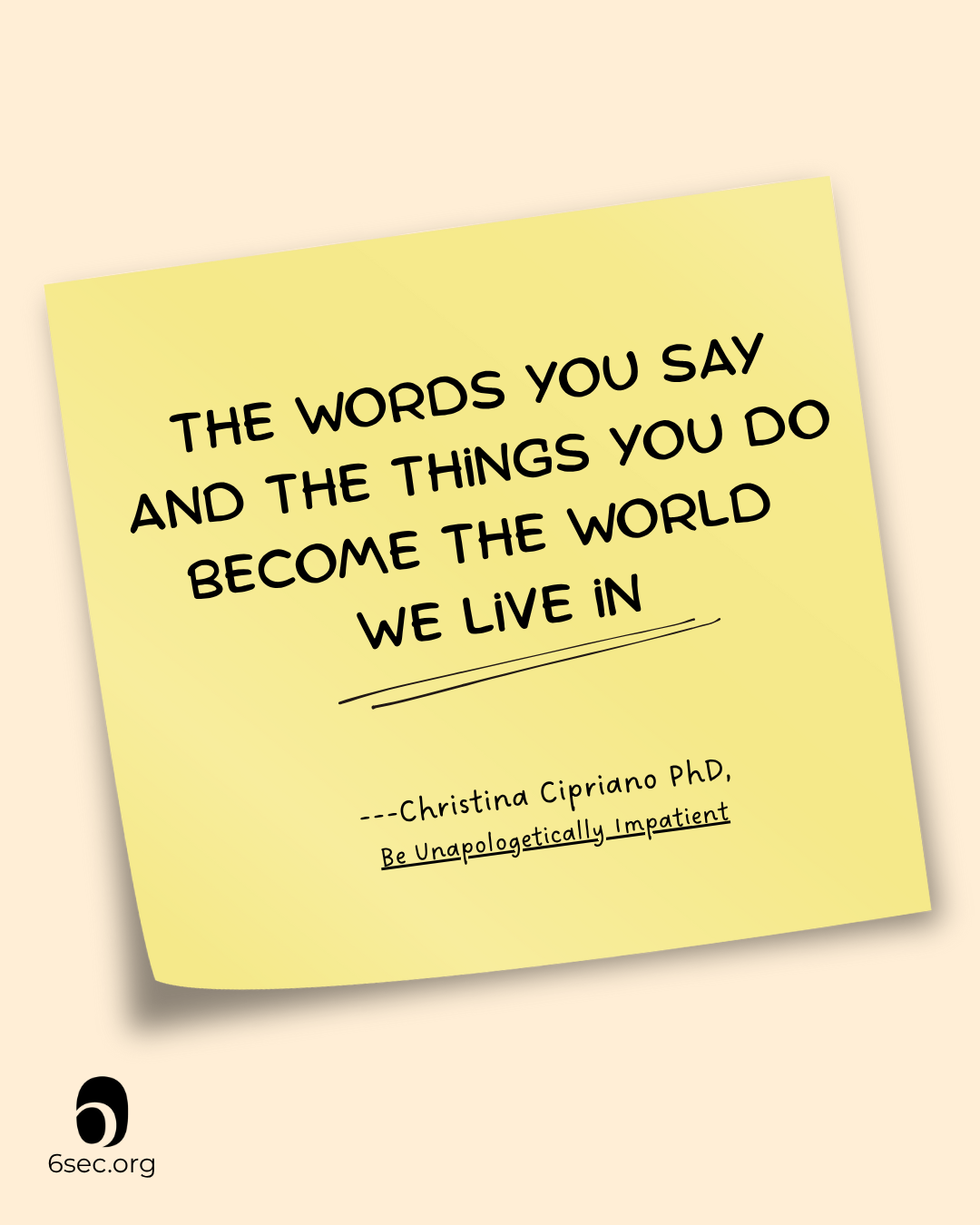
Inside Out: Real Change Starts with You
At Six Seconds, we teach that all change starts on the inside. Our Theory of Change begins with one person choosing to engage differently — to pause, to feel, to respond with intention.
When I attended the Six Seconds EQ Practitioner course, one of the most transformative parts of the program was pausing to look at my life’s journey — the challenges, lessons, and moments that had shaped me — and asking: Given all of this, what contribution do I want to make with the rest of my life?
That was how I began to create my Noble Goal. It became a statement of my life’s purpose — a compass that connects my daily choices to my deeper “why.”
My Noble Goal is: To raise my voice so that others can raise theirs.
It comes from times in my life where I’ve been silenced, or didn’t speak when I had the chance. Now, I see how this purpose threads through my work leading Impact at Six Seconds, especially in our focus on youth wellbeing through projects like POP-UP Festival and Climate of Emotions.
Brain science: Acting in alignment with your values activates the prefrontal cortex, the part of the brain responsible for planning, self-regulation, and perspective. Research by Matthew Lieberman and others shows this also buffers against the pain of social rejection, making it easier to stand strong in the face of disapproval.
🧠 EQ Tip: Before speaking up, pause and ask:
- Why does this matter to me?
- What value am I standing for?
What’s my intention — to prove, connect, or protect? - Follow these tips from @ChristinaCipriano to help you speak up for change
What Makes a Noble Goal?
A Noble Goal is more than a mission statement. It’s an enduring, inspiring purpose that:
✅ Won’t be completed in your lifetime
✅ Is pointed outward, benefiting others as well as yourself
✅ Integrates all aspects of your life
✅ Gets you out of bed, even on hard days
✅ Lifts others up rather than putting them down
When you have a Noble Goal, you have a compass to check your direction — even in the most difficult conversations.
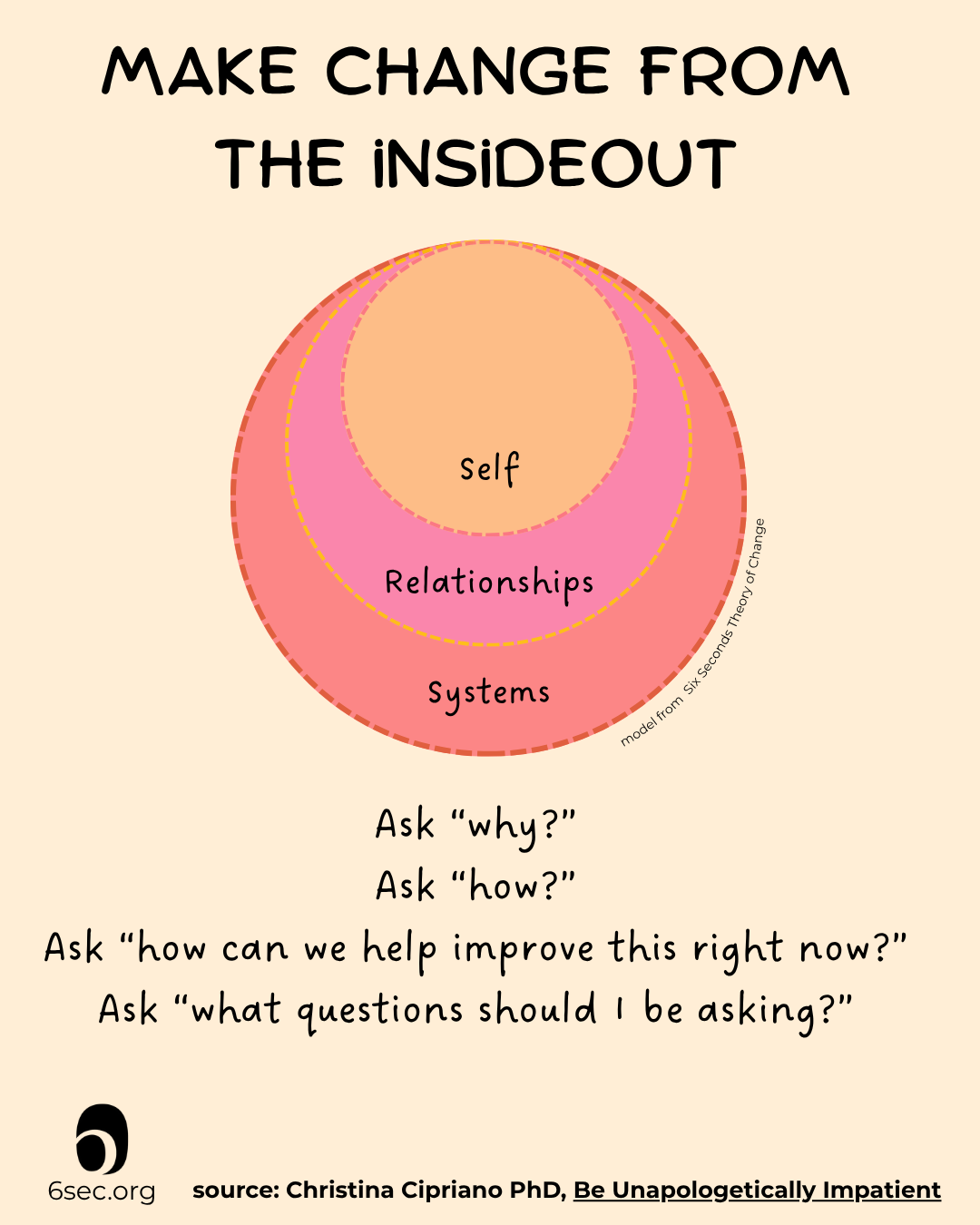
When you find yourself with that privilege, in that moment, at the starting line, in the interaction, at the table, on the phone, in the queue, recognize you are there. It’s your opportunity, and you could even say your responsibility, to start running– to push against the uncomfortable feeling surging inside you, that growing tide of self-doubt and fear urging you to walk away, and say something. You can ask why. You can ask how. You can ask how can we improve what’s happening right now, for everyone?
-Dr. Christina Cipriano
Emotions Are Your Superpower
When you speak up for what matters, emotions will be there. They’re not a problem to overcome — they’re a signal to use.
Emotions activate the limbic system, helping us detect when integrity is on the line. They give our words urgency and weight. But if we skip over the step of noticing and naming them, they can take over and push us into reactivity. This practice, known as affect labeling, actually decreases activity in the amygdala — the brain’s threat and reactivity center — making it easier to respond with clarity.
🧠 EQ Tip: Try starting with:
“I’m feeling ___ because this is important to me.”
It’s a way to ground your message in truth rather than impulse.
Check out this video from Dr Dan Siegel on Naming Emotions.
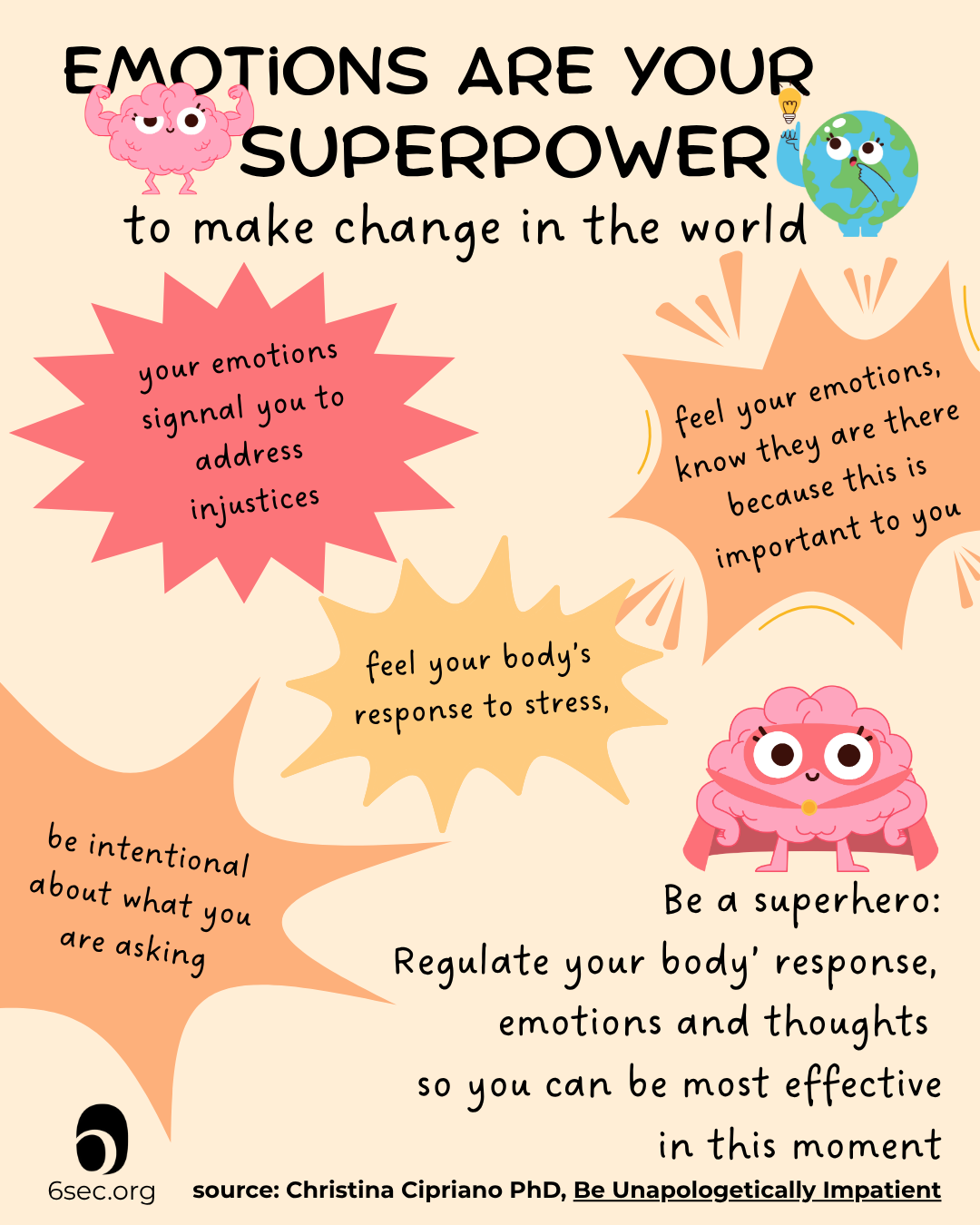
Reclaim the Right to Ask
Many of us learned to apologize for asking, as if learning or curiosity were a burden. But apologizing for our needs only reinforces silence.
Brain science: Social rejection and self-censorship light up the same neural pathways as physical pain, which is why speaking up feels risky. The good news is that practice — and even small acts of self-expression — can reduce that perceived threat over time.
🧠 EQ Tip: Replace “Sorry” with “Thanks for helping me learn.”
Try it one of these other ideas next time you ask a question, request for more information, or seek support.
What could happen if you intentionally used your perspective to act in the face of injustices? From the small moments of everyday interactions to the large moments of shaping the course of our lives, what kind of world could we build together?
-Dr. Christina Cipriano
Be Unapologetically You
Authenticity is about alignment, not volume. You don’t have to be the loudest voice to make a difference. You just need to be real — with yourself, with others, and with the world you want to help shape.
This August, I’m calling it Authentic August — a chance to choose truth over comfort and purpose over approval. Did you know that authenticity isn’t just psychologically meaningful — it may shape the very architecture of our brains in protective, resilience-building ways. A neuroimaging study found that people with levels of practicing authenticity showed more activity in brain regions linked to self-awareness and emotional regulation.
Your challenge: Pick one moment this week to be unapologetically honest. Say what you mean. Ask for what you need. And notice what opens up when you do. Explore all the Authentic August Challenges from our social posts, and share in the comments which ones worked for you.
Remember that we practice authenticity, we’re not just expressing ourselves — we’re building trust, vulnerability, deepening relationships, and creating environments where others feel safe to do the same. Emotional intelligence helps us know what matters to us and gives us the tools to respond with integrity. Check out Brene Brown’s on Authenticity.
Authenticity isn’t about perfection. It’s about alignment. It’s showing up in a way that reflects your values, even when it’s uncomfortable. And each time you do, you make it a little easier for the next person to speak up too. Every authentic choice you make ripples outward. Every time you speak from your values, you’re not just raising your voice. You’re making it possible for others to raise theirs.
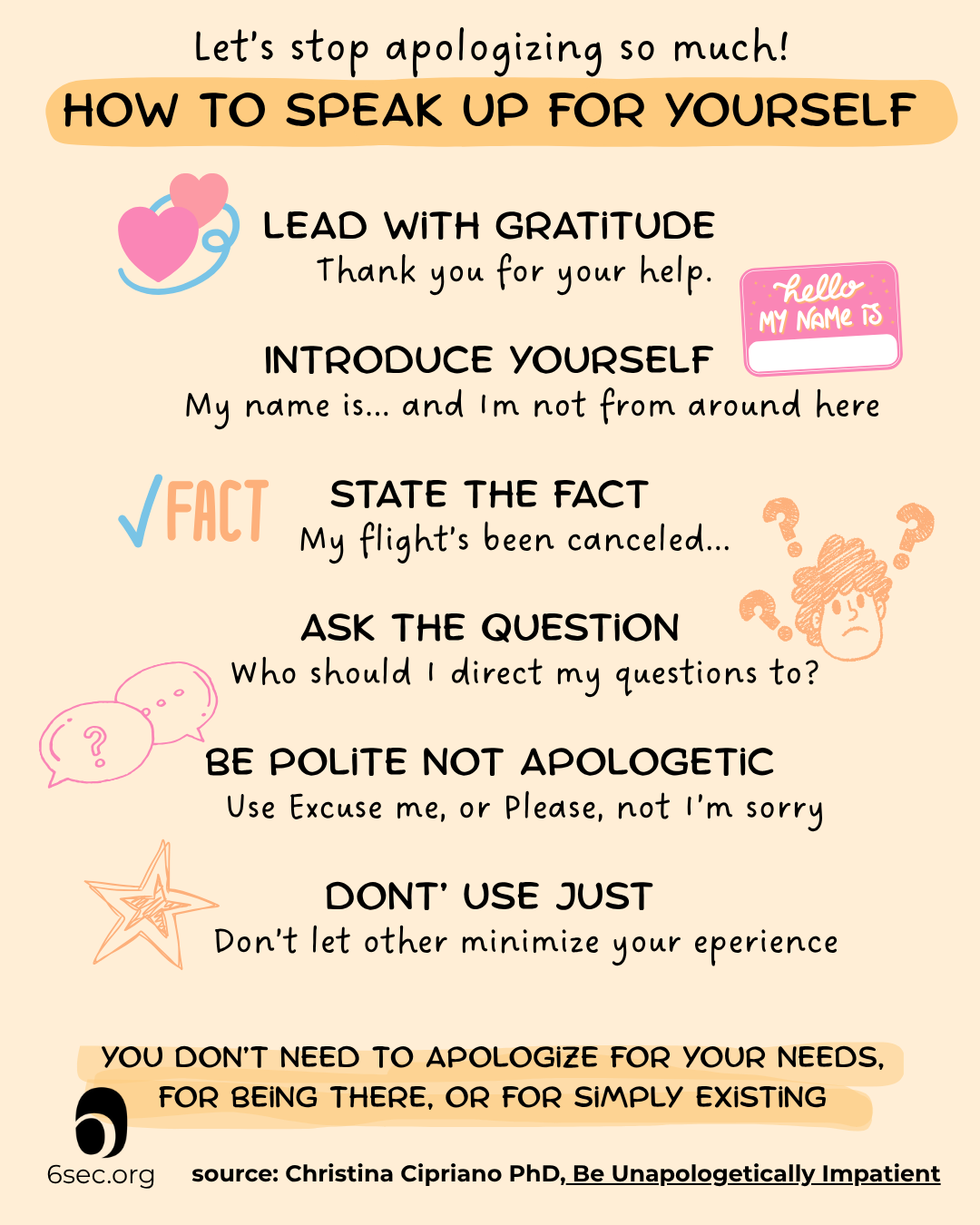
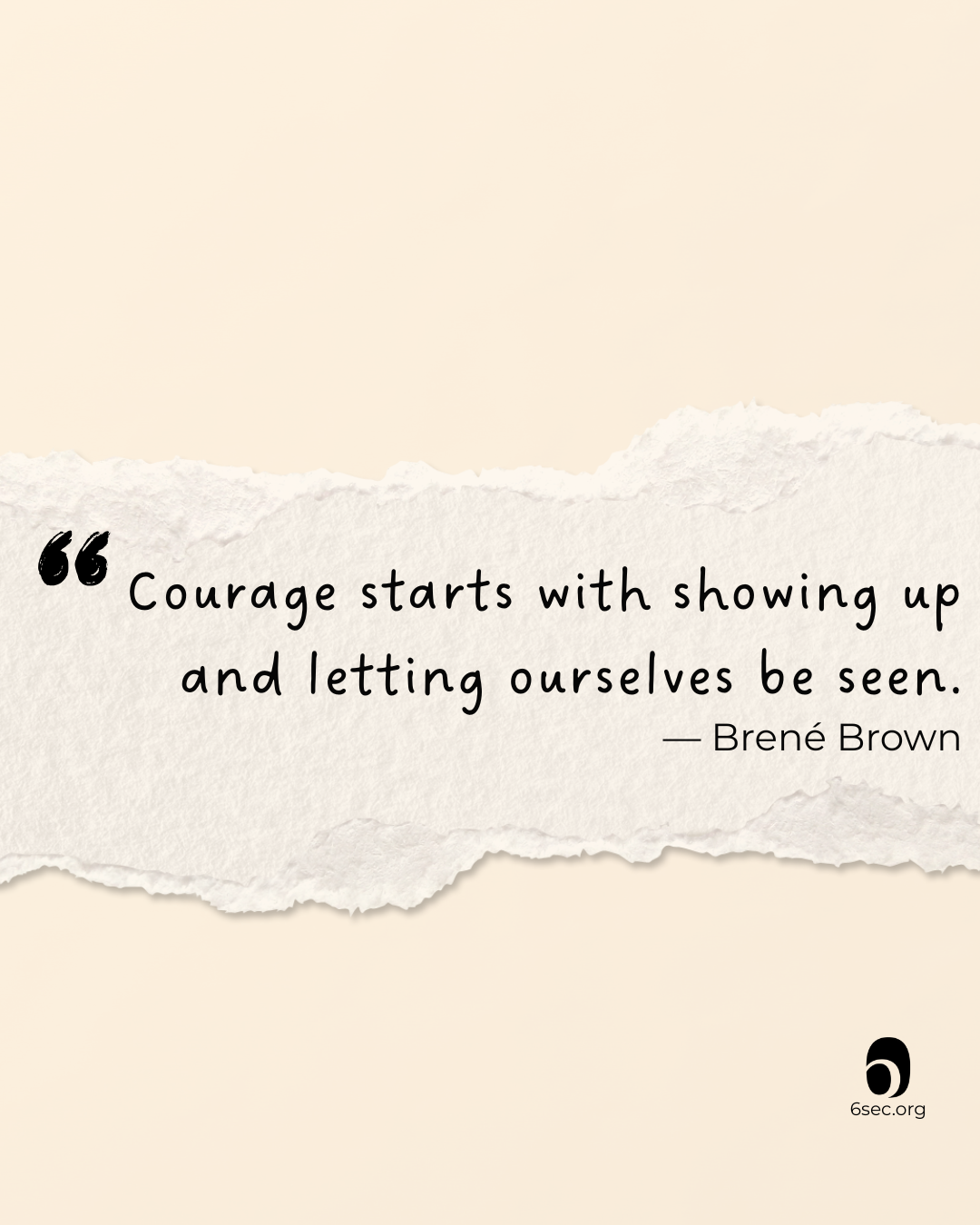
Join the Authentic August Challenge!
Download your free Authentic August calendar today and get started on your journey to be more unapologetically you.
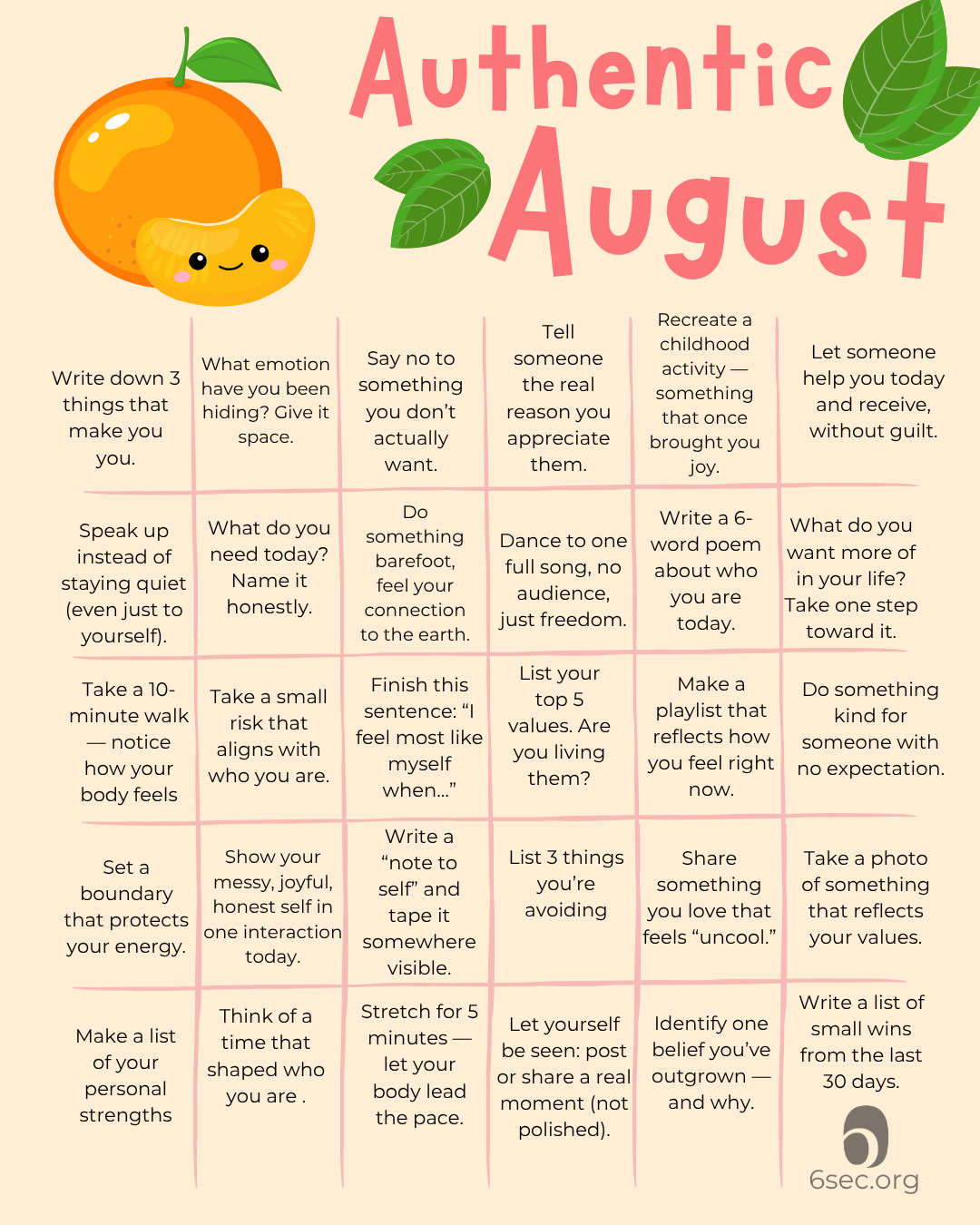
For more articles, I recommend:
- Is Your Motivation Hiding? Shine a Light on It - February 3, 2026
- Six Seconds 2025 Impact Report: Global reach, measurable outcomes anda growing movement for emotional intelligence - January 2, 2026
- The Holidays Can Be Something We Make, Not Something We Survive - December 7, 2025
